The Science of Scents: How Fragrance Oils Affect Our Emotions and Health
Did you know that the limbic system, which is the area of the brain responsible for processing sentiments, emotions, and memories, is activated by perfume smells? Also, according to a recent study, up to 75% of our everyday moods are influenced by smell, which can make a big impact on our day-to-day routine.
So, it should come as no surprise that more and more people are using scent as a wellness tool to control emotions and improve mood. Here is how the science behind scents works.
How the industry is looking at the moment
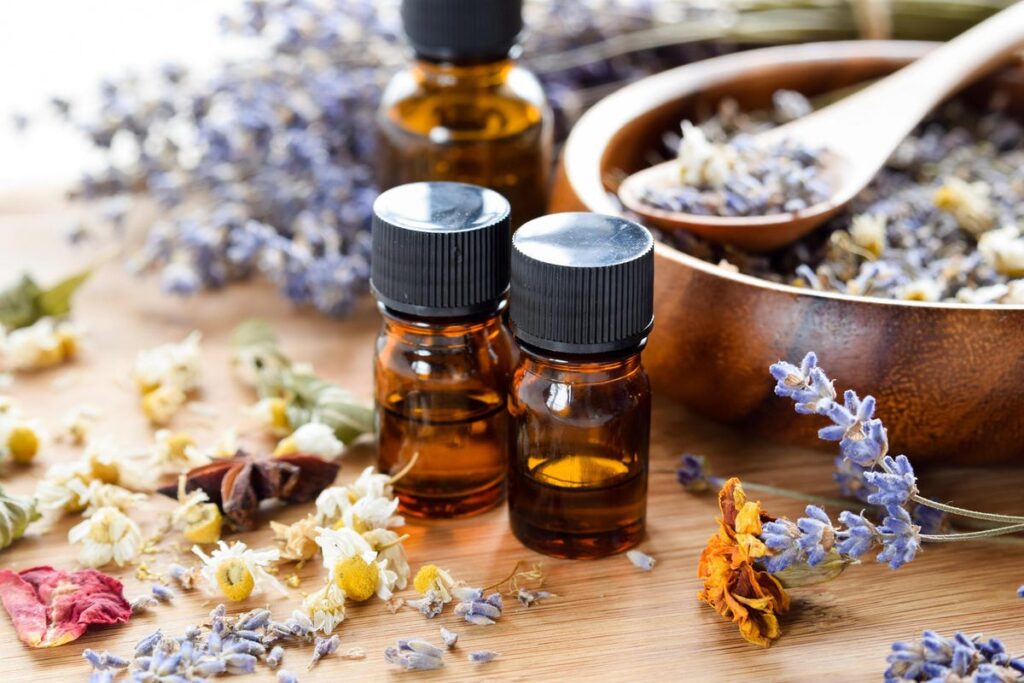
Fun fact: the essential oil industry is projected to be worth $13 billion by 2024. This staggering number is due in no small part to its increasing popularity in aromatherapy practices. While this is not an especially unique supplement to conventional medicine, numerous studies have linked the healing qualities of the essential oils included in many aromatic compounds.
If you wish to be swept off your feet with some high-quality essential oils, you should visit this site. They have a beautiful range of 100% pure essential oils, irresistible fragrance oils, and quality supplies for candle making, soap making, and homemade beauty products.
They work with farmers from around the globe to source one of the biggest collections of high-quality essential oils and raw materials in the UK. You’re going to enjoy them as they have to offer safe and vegan-friendly ingredients.
How aromatherapy can help
Percutaneous Coronary Intervention Study by Cho et al. in 2013 looked at the effects of aromatherapy on the anxiety, vital signs, and sleep quality of hospital patients receiving stents (PCI).
Anxiety was reduced, sleep was improved, and blood pressure was stable in the aromatherapy group compared to the control group.
Many people believe that aromatherapy can help them feel happier by stimulating their limbic systems. In conclusion: you can’t go wrong with these oils.
The beauty industry is blooming
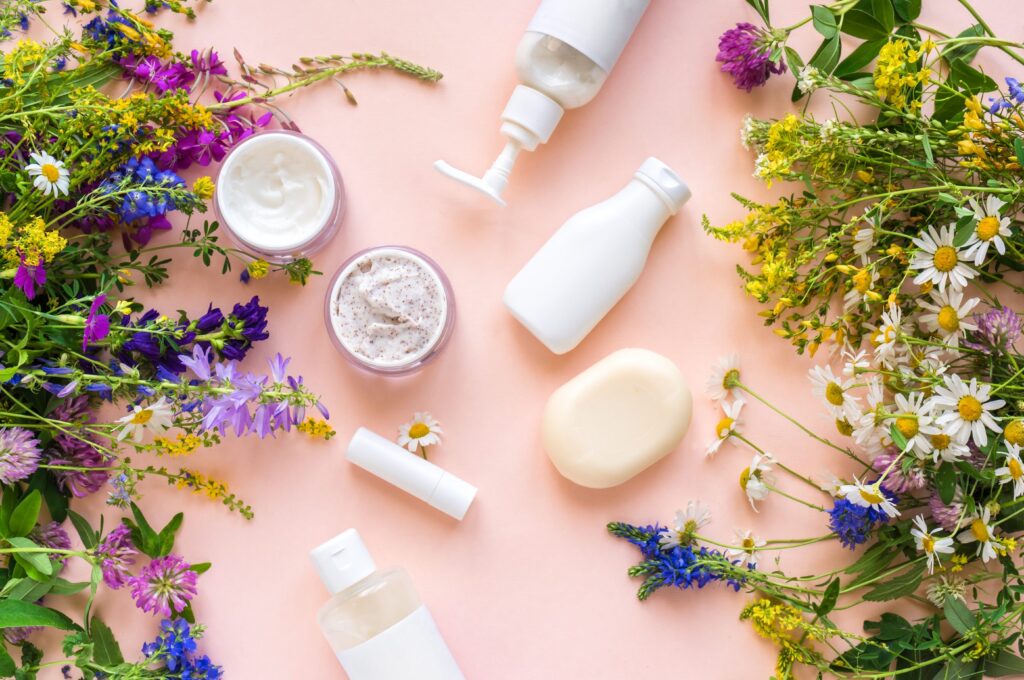
In our complicated environment, consumers are looking for deeper meaning and more awareness in every purchase they make.
According to the World Wellness Summit, this is a massive movement that shows no signs of slowing down. Service providers in the field of ambient air care, such as Air-Scent International, must monitor the ever-changing fragrance industry for inspiration.
Because of this, the industry is seeing a rise in products that serve several purposes, which is exactly what consumers want. Perfumes marketed as “functional” do more than just make us smell good, despite what the moniker might imply.
The best-smelling scents & oils that you can go for
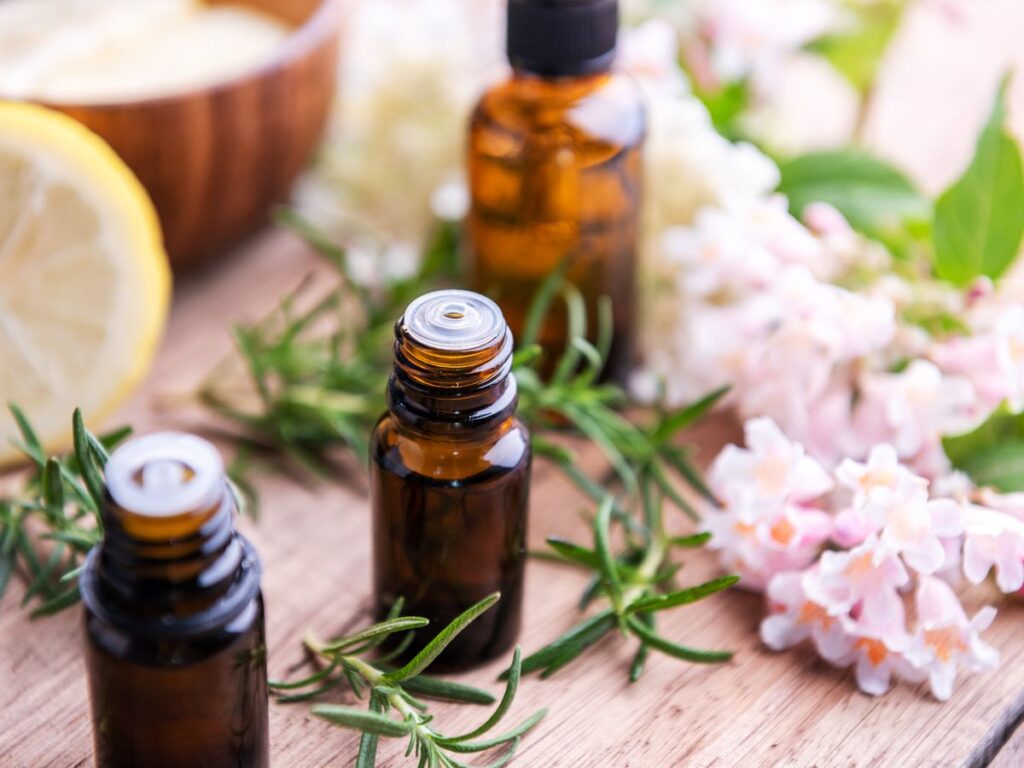
Despite the fact that olfactory sensitivity normally declines with age, it has been discovered that the therapeutic use of pleasant scents has positive effects on mood regardless of age group.
Aromatherapists regularly utilize natural perfumes and essential oils to enhance moods and cure mood disorders for this reason.
The following are examples of well-known scented goods believed to enhance mood:
A) Vanilla
Vanilla contains sedative and soothing qualities.
Its calming qualities might have a favorable effect on your disposition and generate feelings of joy in your mind.
Moreover, the pleasant aroma of vanilla has a remarkable ability to replace the joy of eating vanilla-flavored sweets, cakes, ice creams, and candy bars, promoting weight loss by reducing the desire for these high-calorie meals.
B) Lavender
Lavender’s long history of usage in aromatherapy and psychotherapy can be attributed to its well-established anxiolytic, calming, sedative, and neurogenerative properties.
As it helps alleviate mental stress, soothe anxieties, relax the mind, and brighten emotions, it is highly helpful for resolving sleep issues, work stress, and brain fog.
Fun fact: many performers and speakers have turned to lavender to help them relax before taking the stage.
C) Jasmine
Jasmine only releases the alluring scent that has given it the nickname “Queen of the night” after the sun has set.
It is a miracle worker because it stimulates the part of the brain that produces enkephalin, a neurotransmitter linked to happy emotions.
Jasmine is well-known for its seductive and romantic scent and for its ability to improve vigor and reduce sexual tension.
Brain waves that improve mood and promote relaxation are enhanced, while signs of stress, melancholy, anxiety, and insomnia are lessened.
PS: You should also know that the fact that two people with the same nose can have vastly different reactions to the same scent. Much of our emotional reaction to smell is regulated by association as stated by the charity Fifth Sense, which specializes in addressing issues related to the senses of smell and taste.
If you’ve ever wondered why some people seem to detest the same aromas that you find enticing, this could provide some insight.
Because of this, “fragrances that bring back pleasurable memories can genuinely help to enhance our mood.
How scents change our perception
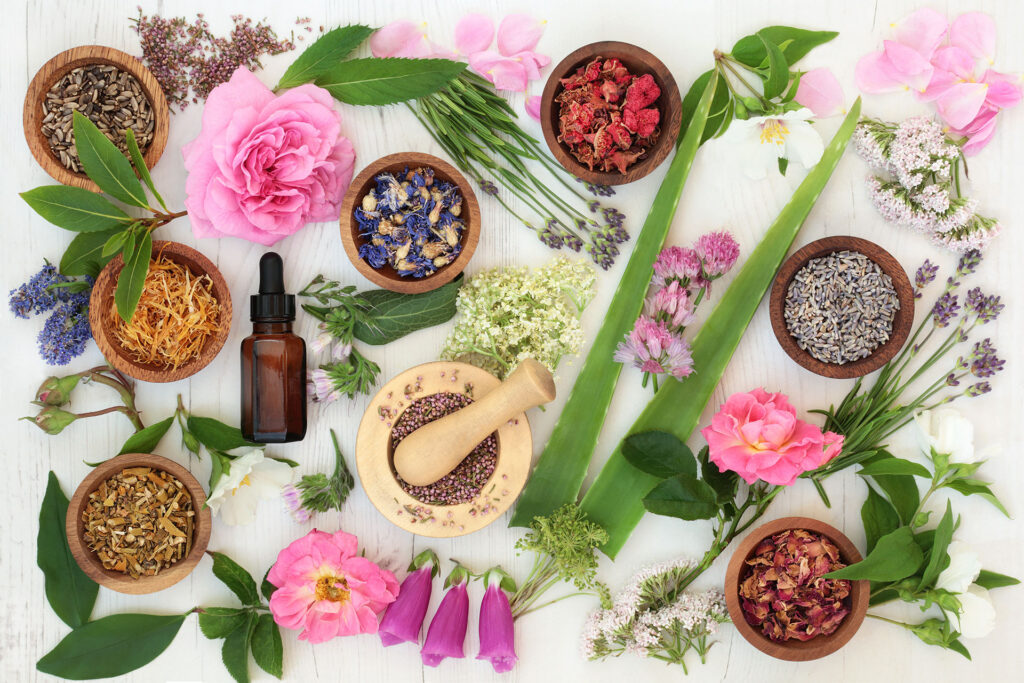
“Sunshine oils,” or citrus fragrances, are among the top selections for elevating spirits since they “transport us to cocktails and sunlight on holidays and are naturally warm and uplifting, making them wonderful during winter.” Essential oils that “have a balanced and uplifting effect” and “soothe the nerves,” such as geranium and bergamot, are another recommendation.
This makes great sense, but more investigation is required to pinpoint the precise reasons why some odors are seen as pleasant while others are not. Although our brains categorize fragrances into pleasant and unpleasant ones, our individual experiences ultimately determine whether or not we feel a particular scent emotionally.
You can also create memories based on scents
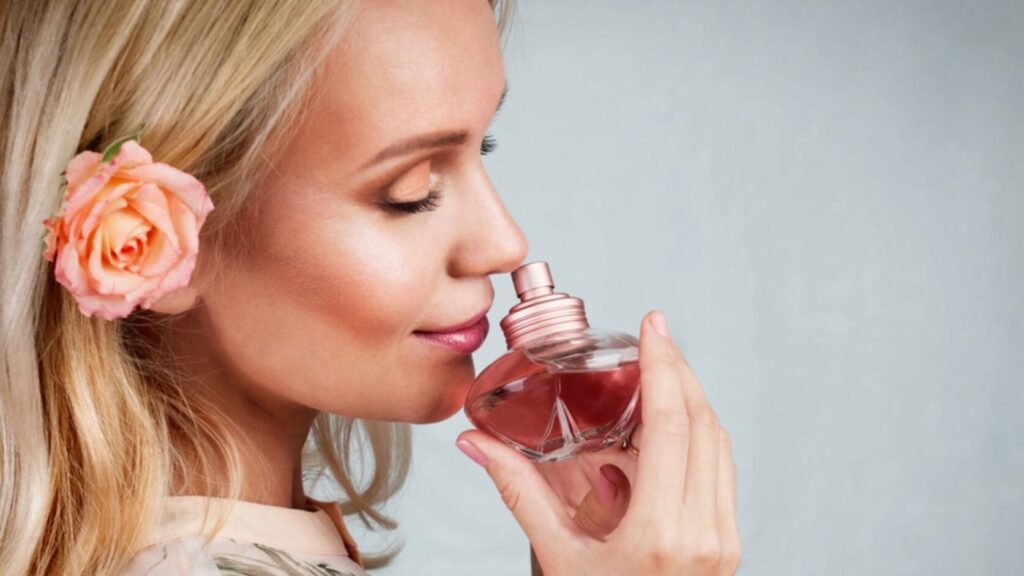
A nice association can be made with a new car’s crisp, clean aroma. We all love that new smell of books, cars, flowers & freshly cut grass, am I right?
Although the smell is unpleasant on its own, it is almost always associated with positive consequences and something within our past.
If you had to buy a brand-new car every time you felt like it, the smell would be unpleasant, but it is your memories that make for a good long-lasting impression.
